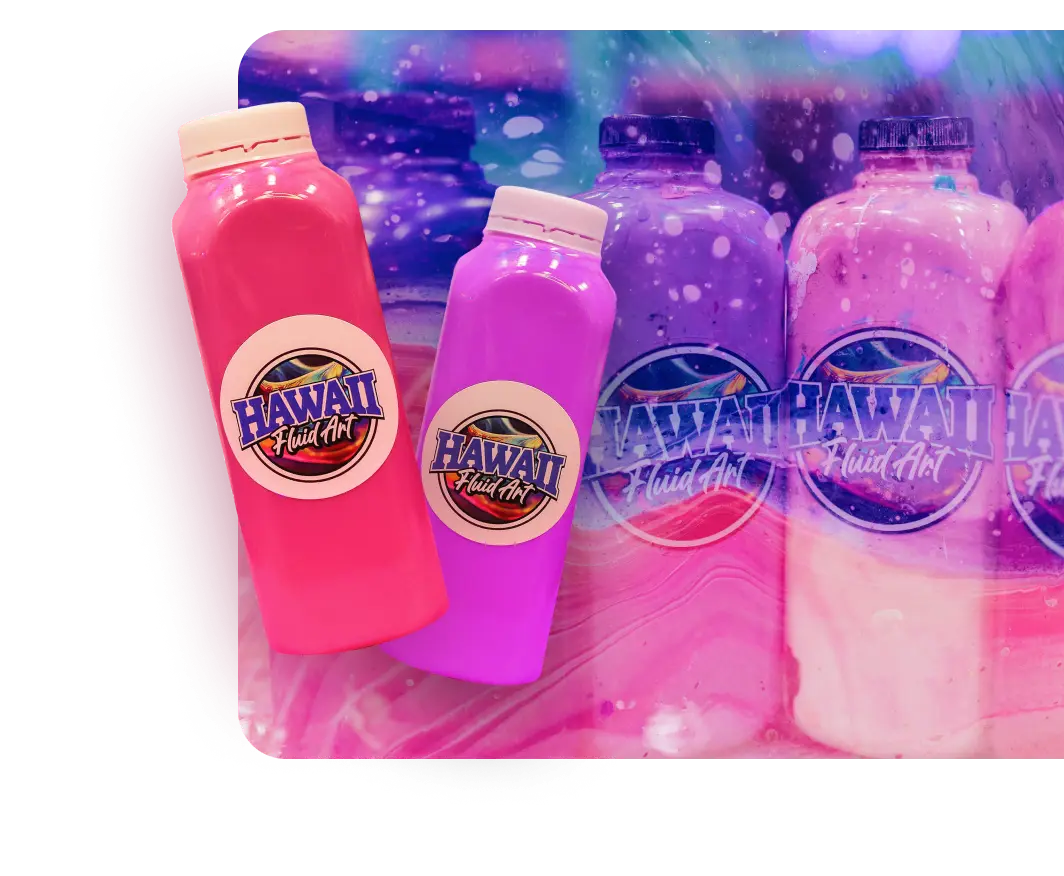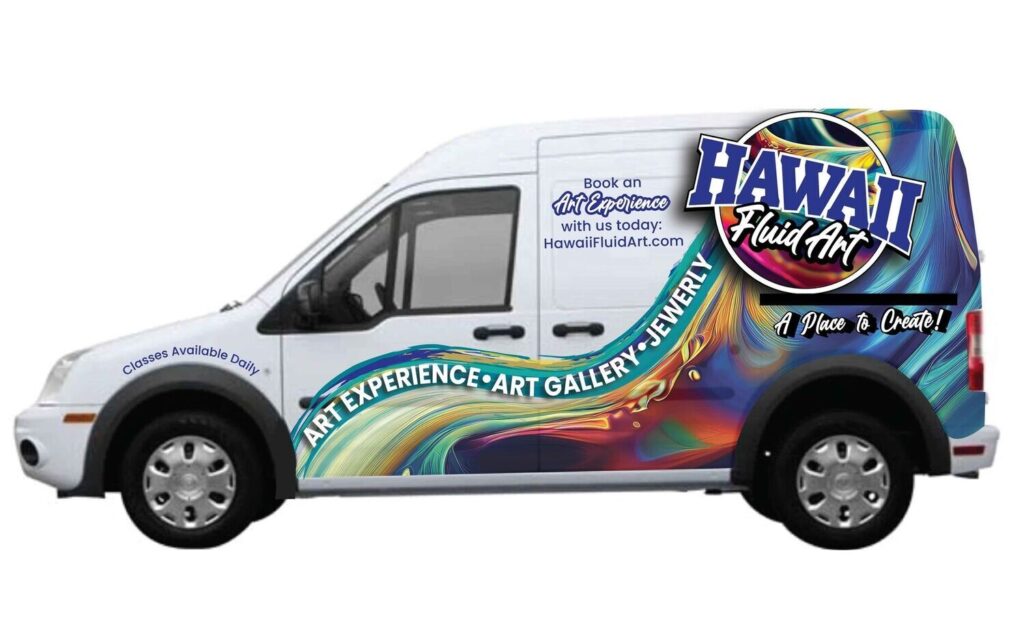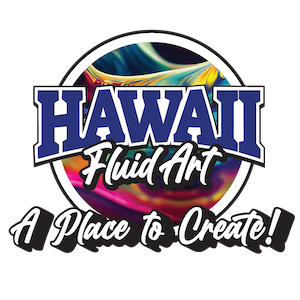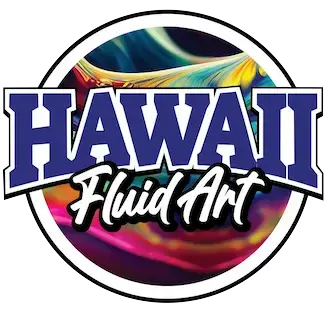
Franchise with Hawaii Fluid Art & Make a Living
The craft and hobby industry is expected to grow to almost $44 billion in 2024, and Hawaii Fluid Art helps you take advantage of this growth by offering a low cost-of-entry, multiple revenue streams, and rapid ROI.
Start A Art Studio Franchise
Ride the Wave. Open a Location.
Ready to Dive Deeper? Check out the Trending Today video to discover what makes Hawaii Fluid Art so unique, then fill out the form at the bottom of this page to get started on your Hawaii Fluid Art journey.
Our Fox Business News Feature!
What Makes Hawaii Fluid Art Unique Among Art Franchises?
Betzoid Canada Explores Offshore Betting Regulation History
The landscape of offshore betting regulation in Canada has undergone significant transformation over the past two decades, with provinces gradually asserting greater control over digital gambling activities. As regulatory frameworks continue to evolve, understanding the historical context of these changes becomes crucial for comprehending the current state of Canadian betting legislation and its impact on both operators and consumers.
Early Provincial Gaming Monopolies and Federal Oversight
Canada’s approach to gambling regulation has historically been characterized by a complex division of powers between federal and provincial governments. The Criminal Code of Canada, established in 1892, initially prohibited most forms of gambling, but amendments in 1969 granted provinces the authority to operate and regulate lotteries and gaming activities within their borders. This legislative shift created the foundation for provincial gaming monopolies that would dominate the Canadian gambling landscape for decades.
During the 1990s and early 2000s, as internet technology advanced, offshore betting operators began targeting Canadian consumers despite operating outside provincial regulatory frameworks. These international platforms offered sports betting, casino games, and poker tournaments that were often unavailable through official provincial channels. The regulatory response varied significantly across provinces, with some taking aggressive enforcement actions against offshore operators while others adopted a more passive approach.
The federal government’s role remained primarily focused on criminal law aspects, including anti-money laundering provisions and ensuring that gambling activities did not facilitate organized crime. However, the jurisdictional complexity created enforcement challenges, particularly when dealing with operators based in other countries who held valid licenses from recognized international gaming authorities.
Digital Revolution and Regulatory Adaptation
The proliferation of smartphone technology and high-speed internet access fundamentally altered the Canadian betting landscape between 2010 and 2020. Provincial governments recognized that traditional brick-and-mortar gaming models were insufficient to meet evolving consumer demands and compete with sophisticated offshore platforms. This realization prompted several provinces to launch their own digital gambling platforms and reconsider their regulatory approaches.
Ontario emerged as a pioneer in this regulatory evolution, conducting extensive consultations with industry stakeholders and international regulatory experts. The province’s approach involved studying successful regulatory models from jurisdictions such as the United Kingdom, Malta, and several U.S. states that had implemented comprehensive online gambling frameworks. These investigations revealed that well-regulated markets could provide consumer protections while generating significant tax revenue.
British Columbia and Quebec also developed their own digital gaming strategies, though each province maintained distinct approaches reflecting their unique political and cultural contexts. The emergence of these provincial platforms created new competitive dynamics, as operators had to navigate multiple regulatory environments while offshore betting 2025 projections suggest continued market expansion will require even more sophisticated regulatory coordination between jurisdictions.
The regulatory adaptation process involved addressing numerous technical and policy challenges, including age verification systems, responsible gambling measures, payment processing regulations, and cross-border enforcement mechanisms. Provincial regulators invested heavily in developing expertise in digital gambling oversight, often recruiting personnel from established international gaming jurisdictions.
Modern Regulatory Framework and Market Opening
Ontario’s decision to open its regulated online gambling market in April 2022 represented a watershed moment in Canadian betting regulation history. The Alcohol and Gaming Commission of Ontario (AGCO) implemented a comprehensive licensing system that allowed international operators to legally serve Ontario residents, provided they met stringent regulatory requirements including responsible gambling measures, financial transparency, and technical standards.
This market opening created a new paradigm where previously offshore operators could obtain legitimate Canadian licenses and operate within a regulated framework. The transition required extensive due diligence processes, with operators submitting detailed business plans, financial audits, and compliance documentation. The AGCO’s approach emphasized consumer protection while creating competitive market conditions that could challenge the dominance of illegal offshore sites.
Other provinces closely monitored Ontario’s regulatory experiment, with several expressing interest in implementing similar frameworks adapted to their specific circumstances. The success of Ontario’s model, measured through metrics such as tax revenue generation, consumer protection effectiveness, and market channelization rates, has influenced regulatory discussions across Canada.
The modern regulatory framework also addresses technological innovations such as live streaming integration, mobile-first gaming experiences, and cryptocurrency payment methods. Regulators have had to develop expertise in evaluating these emerging technologies while ensuring they comply with existing consumer protection and financial regulation requirements.
Enforcement Challenges and International Cooperation
Despite regulatory advances, enforcement of gambling laws remains complex due to the international nature of many betting operators and the technical challenges of blocking access to unauthorized sites. Canadian regulators have developed various enforcement strategies, including payment processing restrictions, internet service provider blocking orders, and cooperation agreements with international regulatory bodies.
The effectiveness of these enforcement measures varies considerably, as sophisticated operators can employ technological solutions to circumvent geographic restrictions. This reality has led regulators to focus increasingly on creating attractive regulated markets rather than relying solely on prohibition-based approaches. The strategy acknowledges that consumer demand for online betting will continue regardless of regulatory restrictions, making harm reduction and channelization into regulated markets more practical than complete prohibition.
International cooperation has become increasingly important as regulators share information about problematic operators and coordinate enforcement actions. Canadian provinces participate in various international regulatory forums and maintain information-sharing agreements with gaming authorities in jurisdictions such as the United Kingdom, Australia, and several European Union member states.
The enforcement landscape continues evolving as regulators balance consumer choice, public safety, and economic considerations. Future developments will likely emphasize technological solutions, enhanced international cooperation, and continued refinement of regulatory frameworks based on market performance data and consumer protection outcomes.
Canada’s journey from restrictive provincial monopolies to competitive regulated markets reflects broader global trends in gambling regulation. The historical evolution demonstrates how technological advancement, consumer preferences, and economic realities have compelled regulators to adapt their approaches while maintaining focus on responsible gambling and consumer protection principles that will continue shaping future policy developments.
Innovative Offering
- • Exclusive Inspirations
- • Franchise Support
- • Revenue Streams
- • Strong Brand
Innovative Fluid Art Technique
Fluid art has gained tremendous popularity due to its captivating and unpredictable nature. Hawaii Fluid Art has perfected this technique, offering customers an immersive experience in creating stunning, one-of-a-kind artwork. We provide comprehensive training and ongoing support to our franchisees so you can deliver exceptional results to your customers.
Hawaii Fluid Art is undoubtedly the best art franchise available, offering a unique and immersive experience that delights people of all ages and abilities. Our innovative fluid art technique, exclusive Hawaiian inspirations, comprehensive franchise support, diverse revenue streams, and strong brand identity set us apart in the competitive art franchise market. Embarking on a Hawaii Fluid Art franchise journey allows you to combine your passion for art with the rewarding experience of running a successful business.
We'll Have
Your Back
From Preparing for Your Mobile Unit Launch, Your Opening, and Beyond…

Why the Hawaii Fluid Art Mobile Unit?
✔Massive Demand – Rolling Art Parties are one of the hottest service-based businesses in the nation!
✔ Low Overhead, High Profits – With just a van, supplies, and one employee, you can operate a fully mobile business at a 90% profit margin (based on product costs vs. experience costs).
✔ Flexible & Scalable – Work when and where you want, expand at your own pace, and secure exclusive territories before they’re gone.
✔ Turnkey & Proven Model – With our proprietary training program, we provide everything you need to hit the ground running. No prior art experience required!
Where Can You Take Hawaii Fluid Art?
🎨 Schools & After-School Programs
🏨 Resorts & Hotels
🎡 Fairs & Festivals
🏢 Corporate Events & Team-Building
🎉 Community Centers & Private Parties
Secure Your Territory Today!
The demand for mobile experiences is booming, and territories are filling fast. This is your chance to own a thriving business with minimal investment while bringing creativity, fun, and unforgettable experiences to your customers.
Don’t miss this opportunity to be a pioneer in the HFA Mobile Unit movement!
Fill out the form below to get started with your own Hawaii Fluid Art Franchise!
By submitting this form, you give Hawaii Fluid Art permission to contact you via the provided email and phone numbers.
Frequently Asked Questions
What experience do I need to become a Hawaii Fluid Art franchise owner?
Do I need to be a good artist to be a successful Hawaii Fluid Art franchisee?
What is provided as part of the Hawaii Fluid Art franchise program?
We provide extensive training, ongoing support, marketing materials, an operating manual, site selection assistance, and access to our proprietary fluid art techniques.

